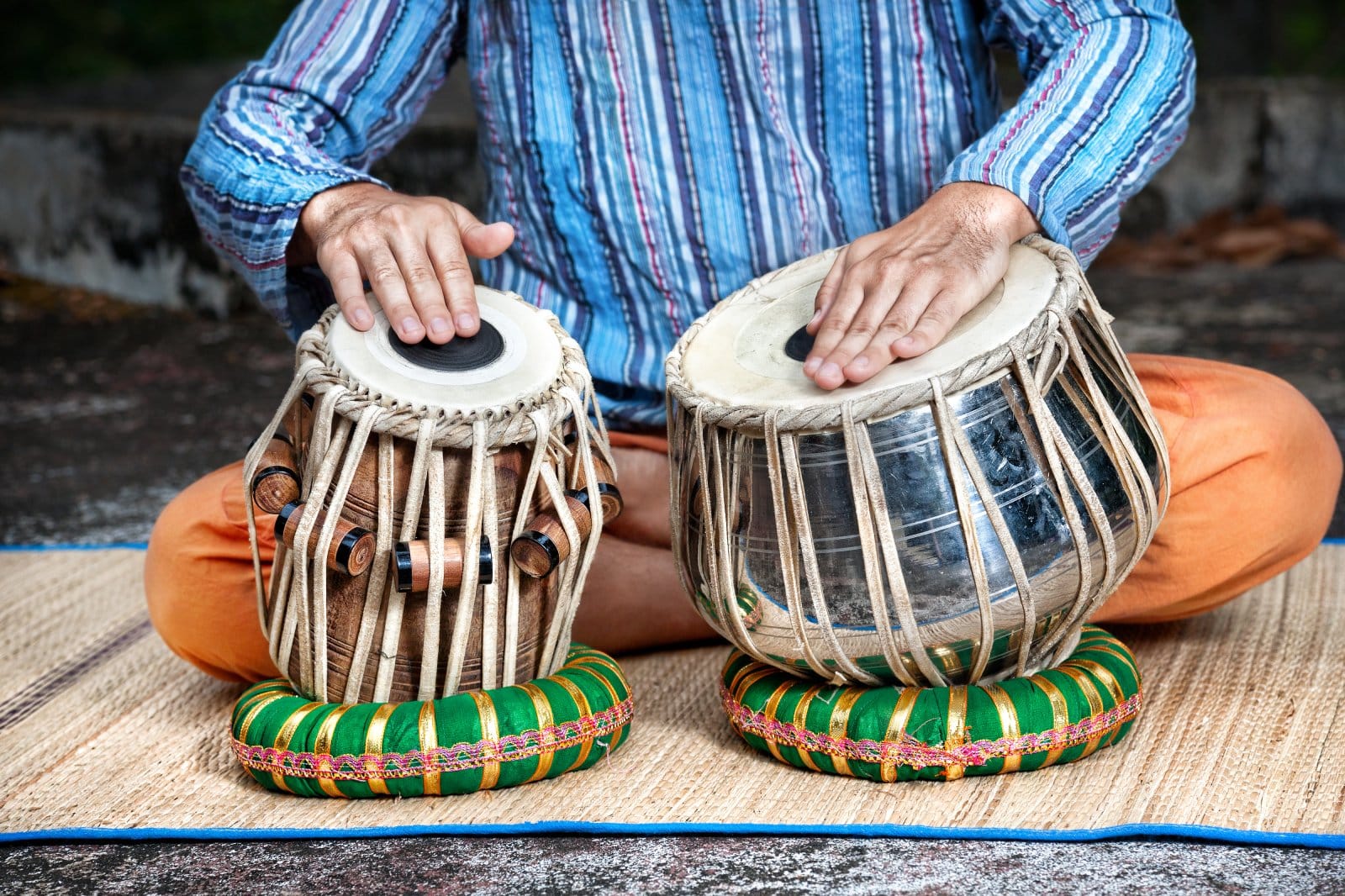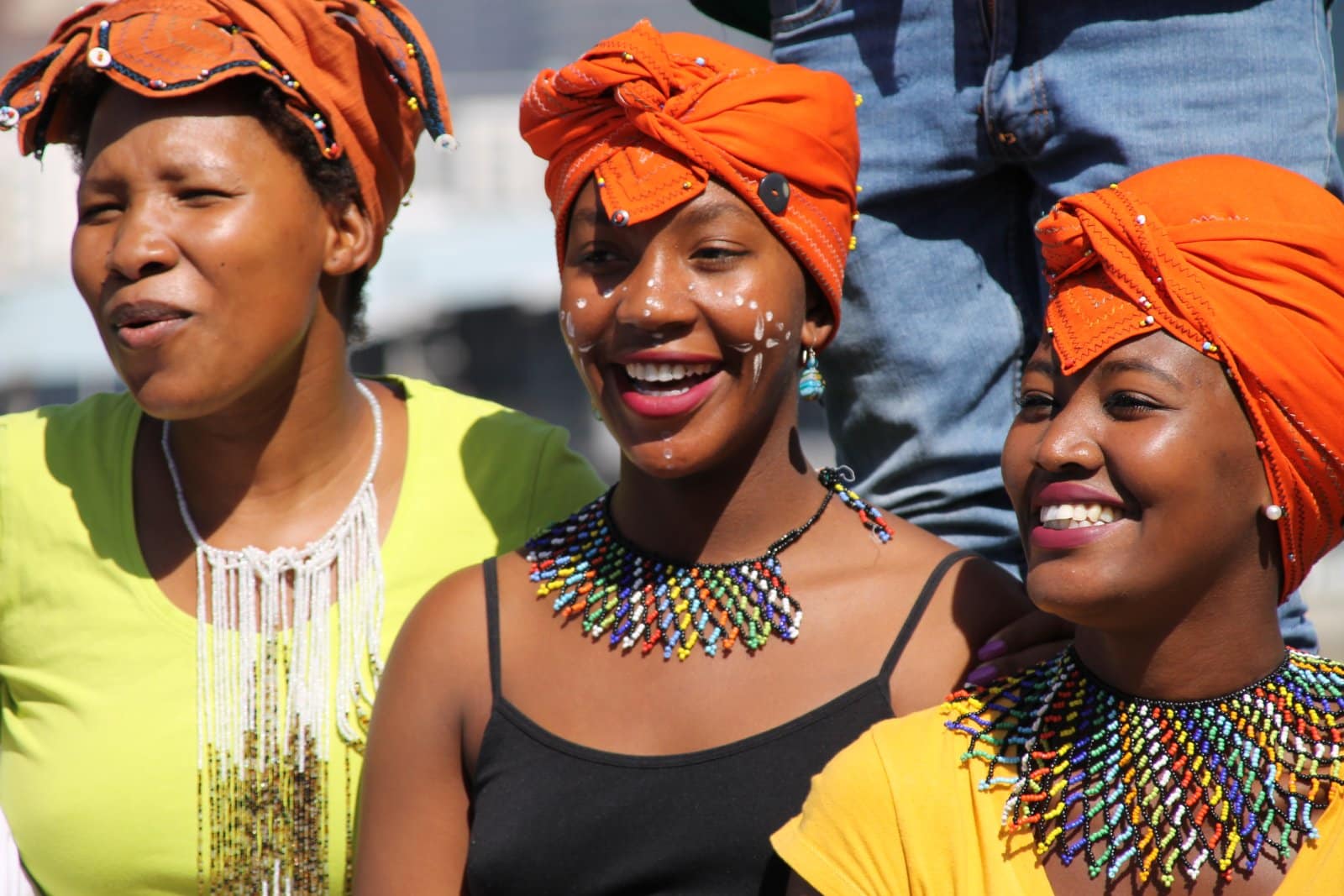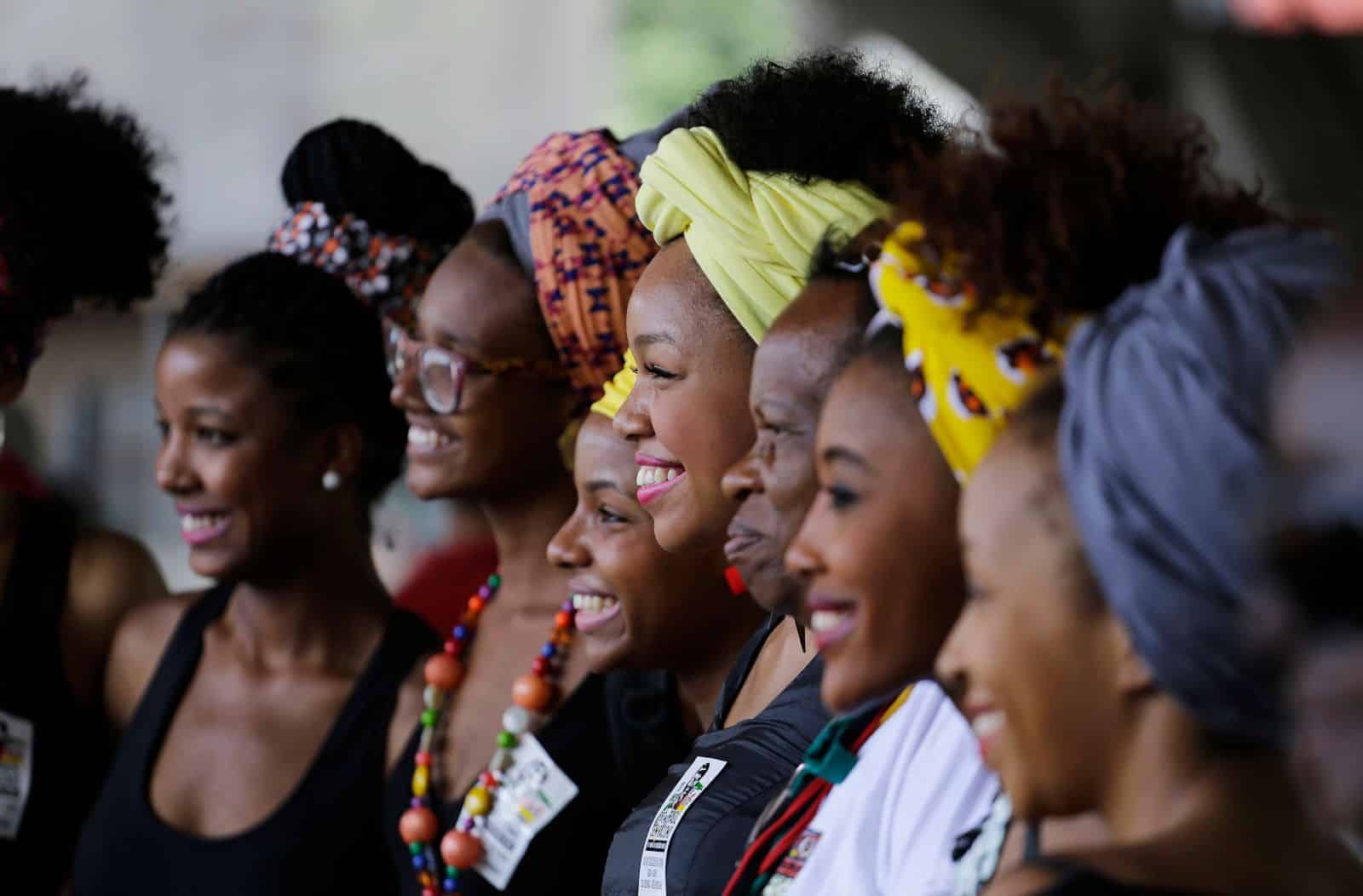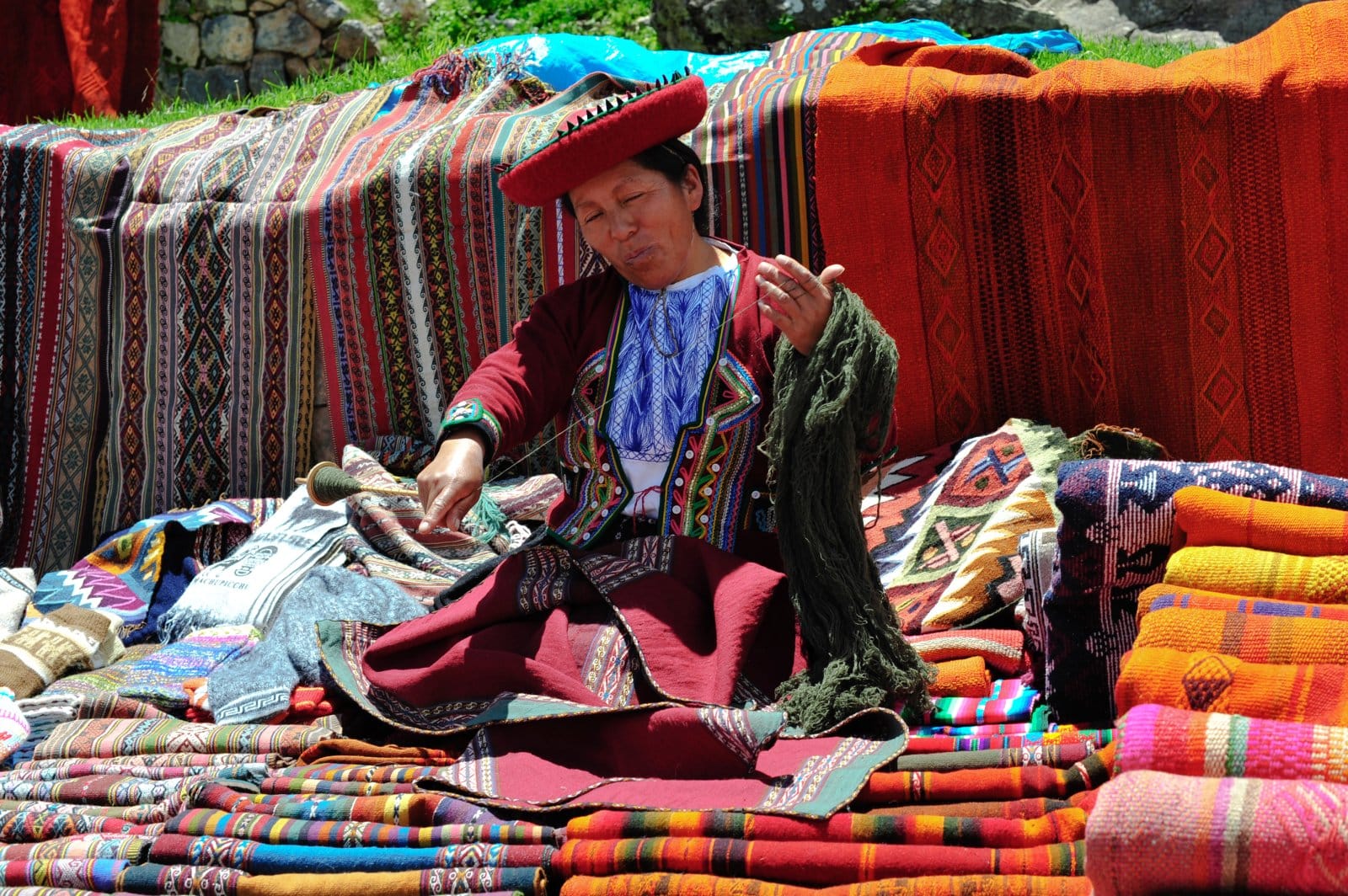Cultural appropriation is a hot topic in today’s diverse society. But is it an act of respect or a blatant form of cultural theft?
1. What Is Cultural Appropriation?

Cultural appropriation occurs when elements of one culture are used by another culture, often without permission. It raises questions about respect, power dynamics, and cultural identity.
2. Fashion Faux Pas

Many fashion trends have been accused of cultural appropriation. When designers borrow traditional attire from other cultures without understanding the context, it can feel disrespectful.
3. Music and Melodies

Music is another area where cultural appropriation is often debated. Artists sometimes adopt musical styles or instruments from other cultures, sparking discussions about originality and respect.
4. Food Fusion or Confusion?

Food can be a delicious melting pot of cultures. However, when traditional dishes are altered or commercialized without acknowledgment, it can offend those who hold these foods dear.
5. Hair Styles and Headlines

Certain hairstyles carry significant cultural meaning. When people from outside that culture adopt these styles without understanding their significance, it can lead to accusations of appropriation.
6. Art and Artifacts

Art can be a beautiful expression of cultural heritage. But when sacred symbols or traditional art forms are used commercially, it can be seen as exploitative.
7. What’s the Harm?

Cultural appropriation can perpetuate stereotypes and diminish the significance of cultural practices. It’s important to recognize and respect the origins of cultural elements we enjoy.
8. Intent vs. Impact

While intentions might be innocent, the impact of cultural appropriation can be harmful. It’s crucial to listen to those affected and learn from their perspectives.
9. Celebrating Diversity Respectfully

Appreciating and celebrating other cultures is wonderful. The key is to do so with respect, understanding, and acknowledgment of the culture’s significance.
10. To Borrow or Not to Borrow?

Before adopting elements from another culture, consider if it’s appropriate. Ask yourself if you’re honoring the culture or simply using it for aesthetic purposes.
11. Walking the Fine Line

Navigating cultural appropriation is complex but necessary. Strive to appreciate, not appropriate, and always respect the cultural heritage of others.
12. Media and Misrepresentation

Media often plays a role in cultural appropriation. Films, TV shows, and advertisements sometimes use cultural symbols or stereotypes, which can misrepresent and harm the original culture.
13. Language and Lingo

Using words or phrases from another culture can be tricky. Without understanding their true meaning or significance, it can come off as disrespectful or mocking.
14. Festivals and Feasts

Participating in cultural festivals can be a fun way to experience diversity. However, it’s important to approach these events with respect and a genuine interest in learning about the culture.
15. Spiritual Practices

Adopting spiritual practices from other cultures, such as yoga or meditation, requires a respectful understanding of their origins and meanings. Misusing these practices can be offensive.
16. Historical Context Matters

Understanding the historical context behind cultural elements is crucial. What may seem like a harmless trend could have deep-rooted significance and history that shouldn’t be overlooked.
17. Supporting Authentic Sources

Support and purchase cultural items from authentic sources. This helps preserve the culture and ensures that the creators benefit from their work.
18. Educational Opportunities

Take the opportunity to educate yourself and others about cultural appropriation. Learning and discussing these issues can lead to more respectful and inclusive interactions.
19. The Power of Apology

If you realize you’ve appropriated a culture, apologize and make amends. A sincere apology and a commitment to learning can go a long way in repairing any harm done.
Stealing Thunder or Sharing Wonder?

In the end, it’s about balance. Strive to share and celebrate cultural diversity while always respecting its roots and significance.
The post Is Cultural Appropriation an Inspiration or Insult? first appeared on Pulse of Pride.
Featured Image Credit: Shutterstock / APChanel.
For transparency, this content was partly developed with AI assistance and carefully curated by an experienced editor to be informative and ensure accuracy.

